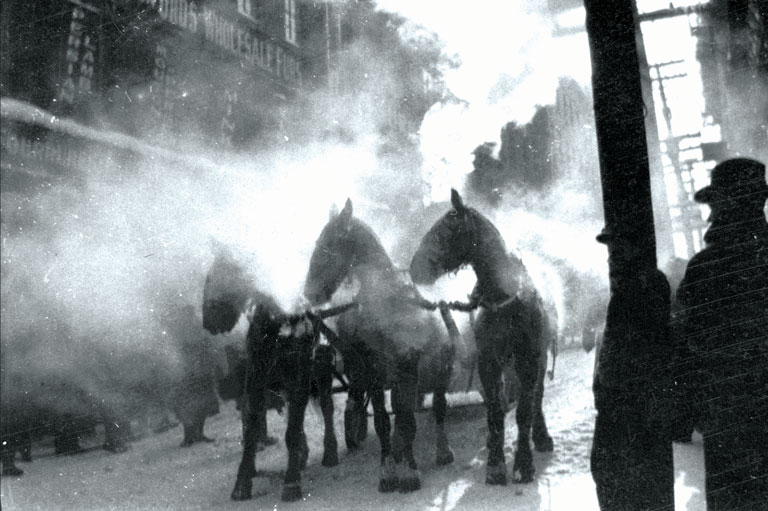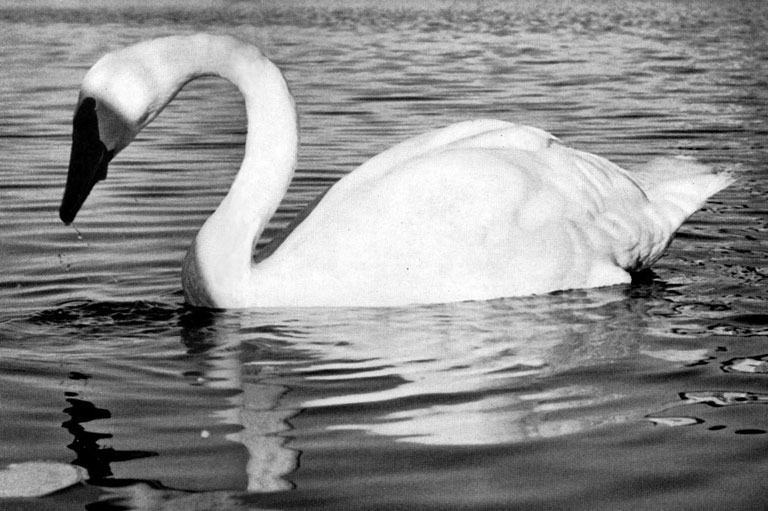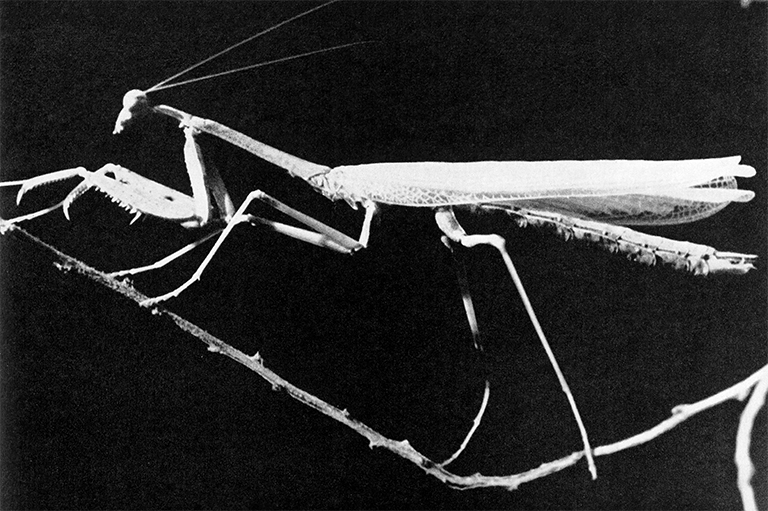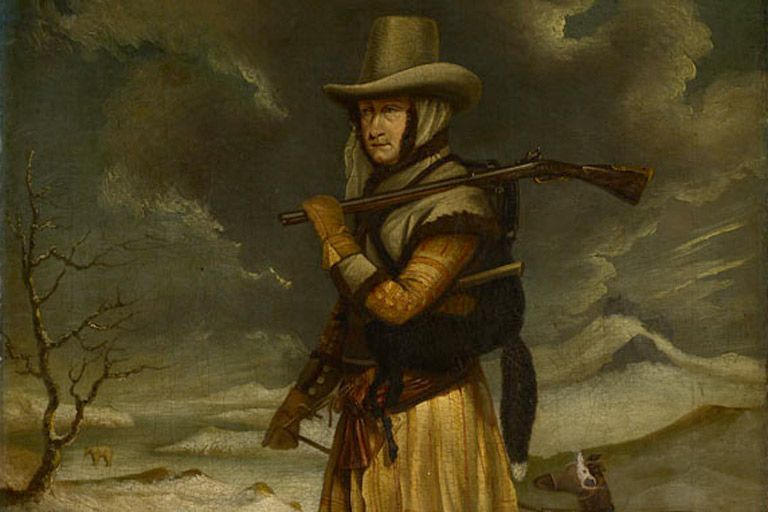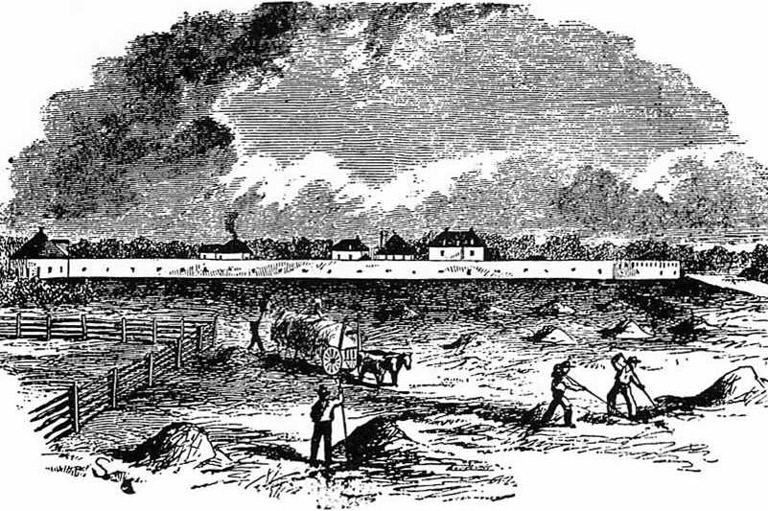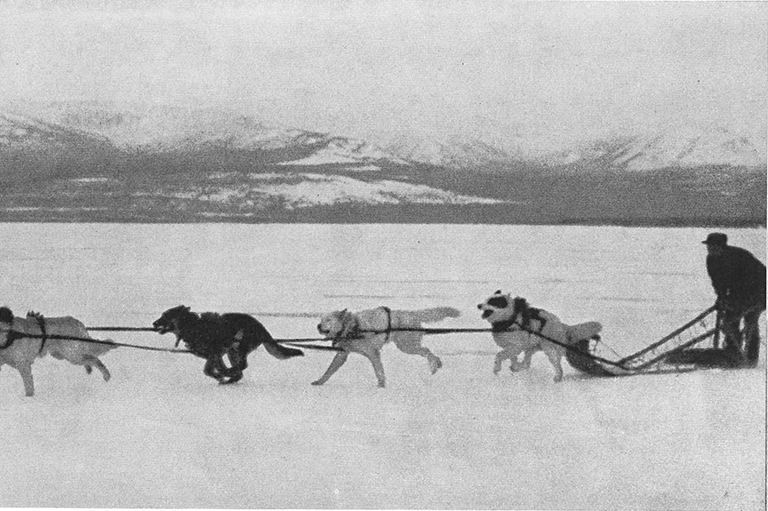Raising Spirits
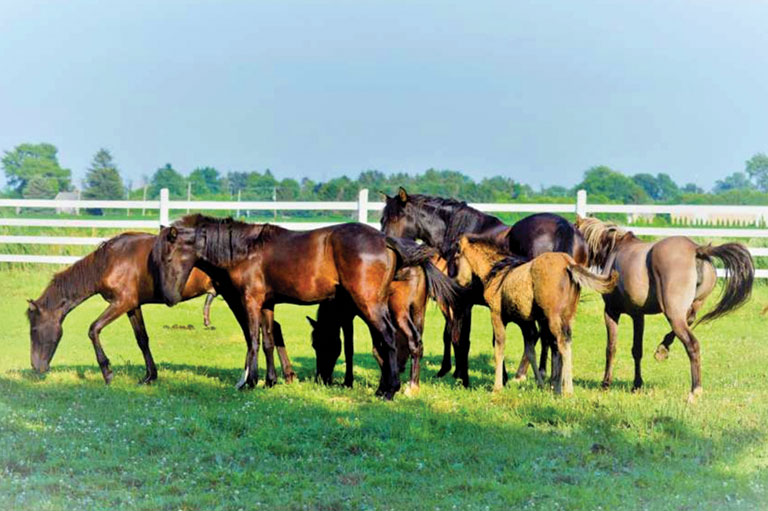
The wild horse herds that once roamed the Great Lakes region came to hold deep cultural significance for the Ojibwe communities who lived there. They are considered a spirit animal and a traditional helper of Indigenous peoples.
But, as centuries passed, the number of wild ponies — known as Ojibwe Horses and as the Lac La Croix Pony — inexorably dwindled until by 1977 only four horses remained.
This story has a happy ending, however. Today, there are nearly two hundred “Spirit Horses” in existence, and protecting the small but sturdy animals — while honouring the breed’s cultural roots — has become the shared goal of a devoted group of Indigenous and non-Indigenous people in the Great Lakes region of both Canada and the United States.
With 7 uniquely curated newsletters to choose from, we have something for everyone.
Leading the charge is a pair of women who share a deep affinity for and connection with the Spirit Horses.
Rhonda Snow, who is Métis from Fort Frances, Ontario, is today known as the “Keeper of the Spirit Horses.” For many years she cared for a small herd of the wild ponies. She obtained them from a special breeding program in Minnesota that began in 1977, after four remaining mares from the herd were rescued before they could be put down by Ontario health officials.
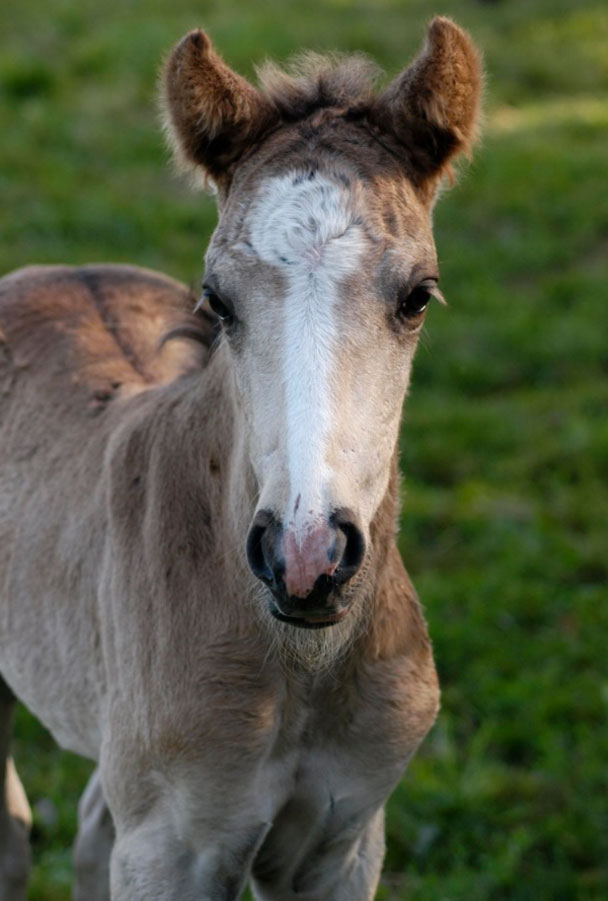
In 2017, Snow was forced due to personal circumstances to place her horses up for auction. Through a series of events, she met Terry Jenkins, owner of TJ Stables in Chatham-Kent, Ontario. The pair of horse enthusiasts spoke about the cultural and spiritual significance of the wild ponies, and Jenkins agreed to care for Snow’s Spirit Horses at her ranch.
Today the two women continue to protect the horses while sharing traditional knowledge about Spirit Horses with the general public. Together, they are working on a special initiative to train the next generation of Spirit Horse keepers and to ensure that future generations will continue to share the cultural traditions and knowledge surrounding the horses. They are also working to grow the herd to ensure the sustainability of the breed.
Many in the region see the wild ponies as both a link to the past and a symbol of hope for the future. Visitors to Jenkins’ stables have found themselves captivated by the Ojibwe Horses, as well as by music and artwork based on elders’ oral histories about the animals.
Thanks to Section 25 of the Canadian Charter of Rights and Freedoms, Canada became the first country in the world to recognize multiculturalism in its Constitution. With your help, we can continue to share voices from the past that were previously silenced or ignored.
We highlight our nation’s diverse past by telling stories that illuminate the people, places, and events that unite us as Canadians, and by making those stories accessible to everyone through our free online content.
Canada’s History is a registered charity that depends on contributions from readers like you to share inspiring and informative stories with students and citizens of all ages — award-winning stories written by Canada’s top historians, authors, journalists, and history enthusiasts.
Any amount helps, or better yet, start a monthly donation today. Your support makes all the difference. Thank you!
Themes associated with this article
Advertisement
You might also like...
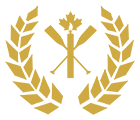
Nominate an exceptional history project in your community for this year’s Governor General's History Award.

